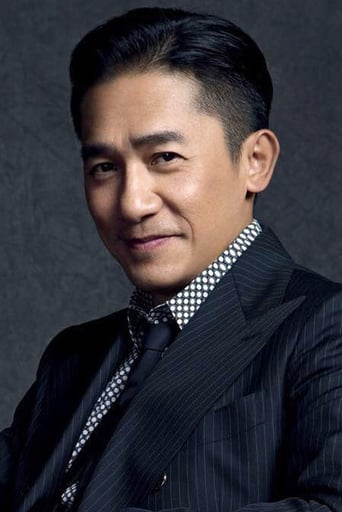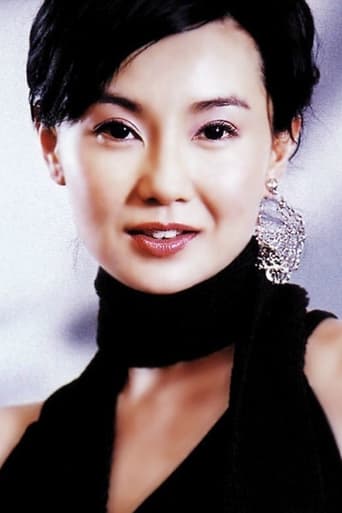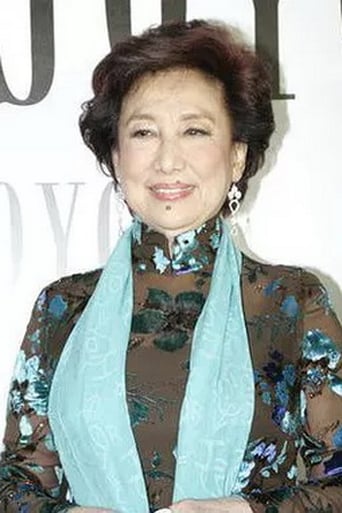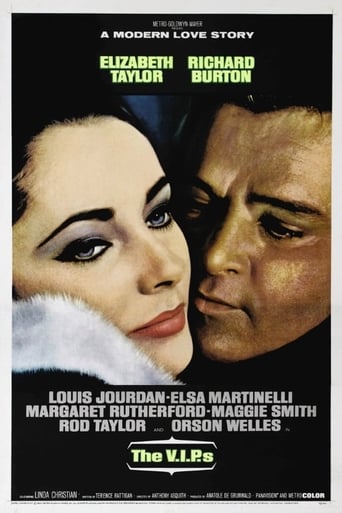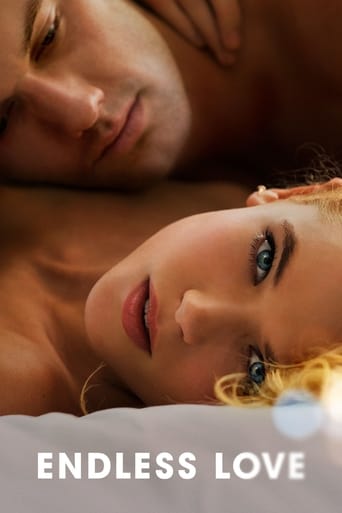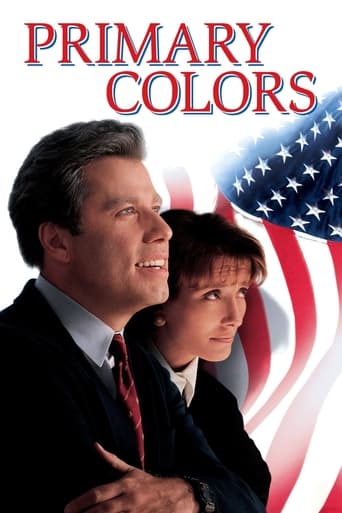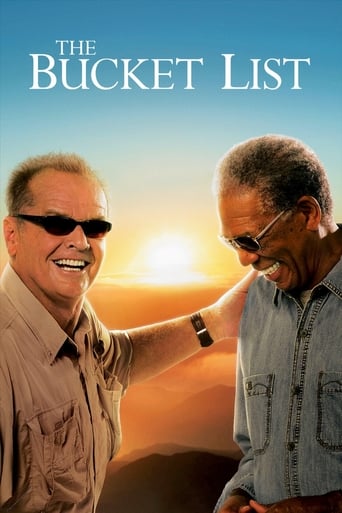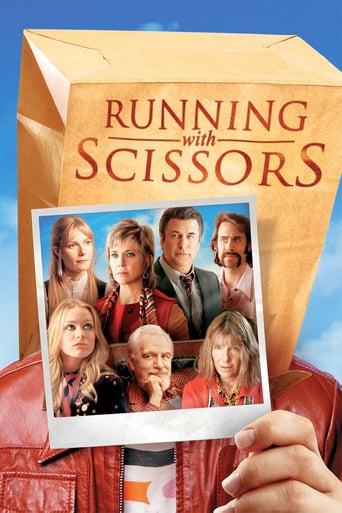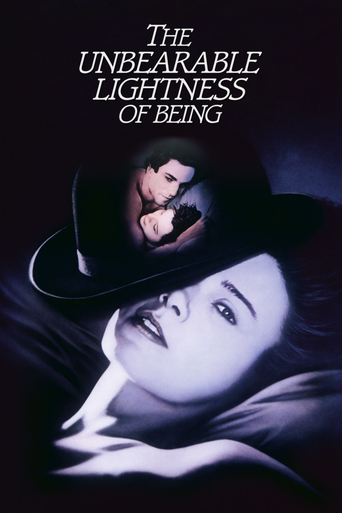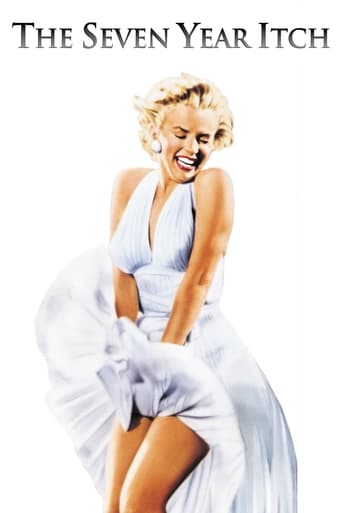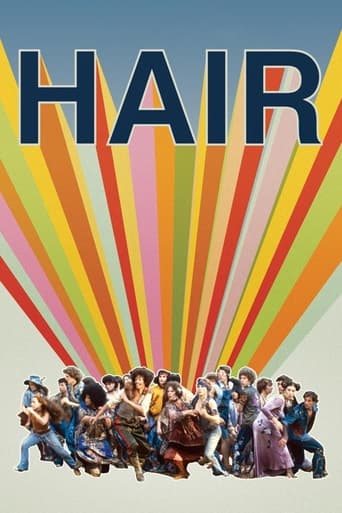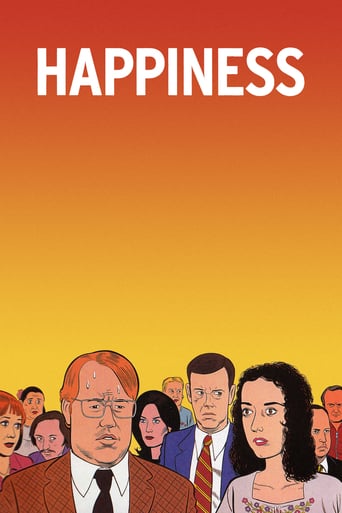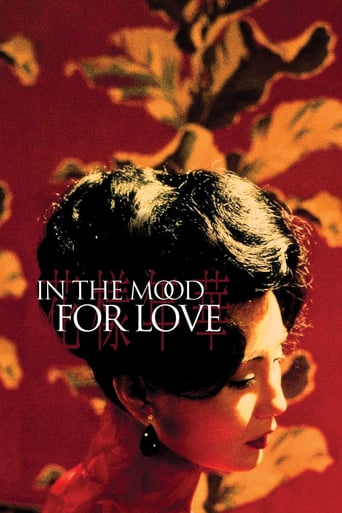
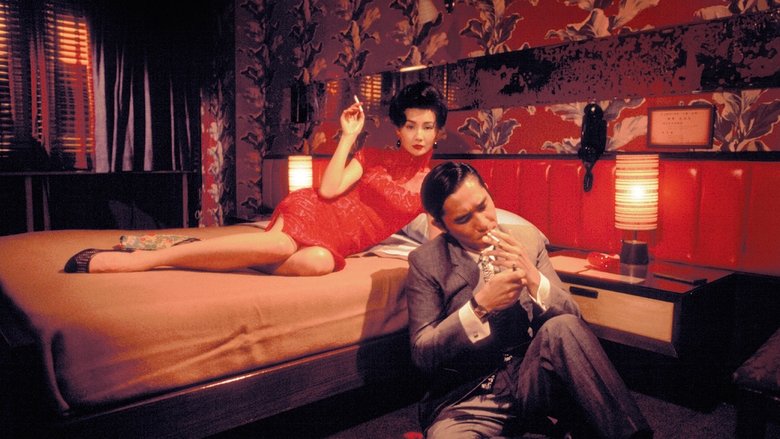
In the Mood for Love (2001)
In Hong Kong of 1962, Mrs. Chan and Mr. Chow, a journalist, move into neighbouring apartments on the same day. Their encounters are formal and polite—until a discovery about their respective spouses creates an intimate bond between them.
Watch Trailer
Cast


Similar titles
Reviews
In Hong Kong in the 1960s, a man and a woman end up living as neighbours. At first they're casual acquaintances, finding some common areas of interest, but barely more than that. Their bond deepens when they find that their spouses might be having an affair with each other. This brings them closer, but they vow not to repeat the sin that has brought them together.In the Mood for Love is a very different kind of love story. It talks just as much about loneliness and the need for human connection as it talks about love or lust or any of that stuff. Both Mrs. Chan (Maggie Cheung) and Mr. Chow (Tony Chiu-Wai Leung) live lives surrounded by people. Their apartments are rented rooms in other people's houses. Those people are rarely more than a doorway away, yet a recurring theme of the movie is them eating alone in their rooms or out on a stand somewhere. Only in each other they find that something that sparks a connection. Yet in 60s Hong Kong their friendship is something they have to hide, something they cannot share with others, adding to their isolation.The story alone is strong enough, but it's also told beautifully. Both of the main actors are superb in their roles, with Maggie Cheung especially pulling off a role of a lifetime. But a huge part of the film's success is also thanks to its director Kar-Wai Wong, who gives the whole film a dreamlike existence. Loneliness is expressed through meaningless of time. Lots of scenes are very similar with one another or they seem to move fluidly from one to another, but suddenly you realize that a significant amount of time has passed. One of the tricks through which this is shown being the changing dresses of Mrs. Chan. The film contains multiple small touches like that, but I shall not ruin them here for you.In fact, time loses so much of its meaning that it's almost recommended to see this movie twice to get the full experience. The friendship and romance between the two main characters is a slow thing and sometimes you realize only a few scenes later that something important already happened.Powerful film and well worth a double-viewing.
The second of an unofficial trilogy by Chinese director Wong-Kar Wai which started with Days of Being Wild (1990) and concluded with 2046 (2004), it would be difficult to describe and appreciate In the Mood for Love without using the words beautiful, sumptuous and erotic. For a film trying to capture the pure eroticism and sweeping romance of the meeting between lost souls, there is precious little dialogue or conventional narrative, with Wong instead choosing to tell this story through gorgeous visuals and, to steal a word from the film's English-language title, an overbearing sense of mood. Continuing with the semi-improvised, free-flowing approach that brought him international success with the likes of Chungking Express (1994) and Happy Together (1997), In the Mood for Love is an achingly romantic experience, and may just be his finest work.Set mostly around a cramped apartment block in 1962 Hong Kong, the central 'love' story is between Mr. Chow (Tony Chiu-Wai Leung) and Mrs. Chan (Maggie Cheung), who, along with their spouses, rent a room in neighbouring flats. They regularly eat alone at night as their other halves call to say they are working overtime, and they both suspect infidelity. eventually coming to the conclusion that Mrs. Chow and Mr. Chan are indeed having an affair. Despite the ever-presence of the pleasant Mrs. Suen (Rebecca Pan) and her mahjong-playing friends, the couple feel isolated and alone, often venturing out to the nearby noodle stand to purchase a meal for one. The two start to bond through imagining and even re-enacting how their spouses met and courted each other, while insisting their own blossoming relationship remains platonic. But feelings are developed and suppressed, with things intensifying when they begin work on a martial arts serial, renting a hotel room to escape the gossiping of neighbours.The era in which the film is set not only gives the opportunity for some exquisite costume design (Mrs. Chan's colourful dresses radiate sensuality), but also offers the chance to reflect on a more conservative, socially-conforming time. While the couple refuse to allow their friendship to boil over into romance, there are still whispers and raised eyebrows. With this kind of secrecy and restraint forced upon them, they are made to pass each other on the street with barely an acknowledgement, and this is where Wong's style becomes the substance. Sexual tension is captured by the brush of a hand, a sideways glance, and even the dipping of meat in hot sauce. In the film's most effective scene, they pass each other on a stairwell, barely daring to offer the other a glance, just as the rain starts to lash down to bring them together under shelter. Where most films will have their characters lay their romantic cards on the table, Wong says so much more with repressing as much as possible, climaxing in a haunting final scene set amongst the ruined temples Angkor Wat in Cambodia.
Hong Kong, 1962. Two married couples, the Chans and the Chows, move in next door to each other. Mr Chan is hardly around, regularly disappearing overseas on business. Mrs Chow works odd hours and also tends to go overseas a lot. Mrs Chan and Mr Chow are initially just neighbours but over time a friendship blossoms, and then develops into something more...Not your average romantic drama, thankfully. Original yet simple plot, told in a very elegant, classy manner. Considering the infidelity involved, the movie could have been a cheap, sordid affair but this is nothing like that. The relationship develops slowly, almost accidentally, and the movie highlights their feelings for each other, and their issues and insecurities.It does move slowly at times though and from a point seems headed for a dull, unprofound ending. However, there's a nagging unpredictability about the plot that keeps you glued to the screen. This open- endedness produces a final few scenes that are wonderfully poetic and a conclusion that is incredibly powerful. Poetic in its script, and artistic in its presentation. Wonderful cinematography, especially the use of bright colours. Throw in some fantastic performances by Maggie Cheung and Tony Leung in the lead roles and no aspect of the movie can be faulted.Superb film.
Set in early 1960s Hong Kong, Wong Kai-wai's 2000 film IN THE MOOD FOR LOVE chronicles a brief affair, and one that is poignantly ambiguous.As the film opens, we see two married couples move into rented rooms in the house of an elderly matriarch (living space is at a premium in Hong Kong, and the claustrophobic sets reflect the reality). Two of these new neighbours strike up a friendship because they feel similarly neglected by their spouses. The husband of Mrs. Chan (Maggie Cheung), a traveling businessman, is often away for weeks at a time and probably seeing another woman. Meanwhile, newspaper reporter Mr. Chow (Tony Leung) quietly suffers his wife's betrayal as she stays out night after night with some other man.Chan and Chow begin spending time together, wondering if their actions mirror those of their unfaithful spouses: "Is this how it started?" Their exact relationship remains ambiguous, as Chan suggests that any physical intimacy would be stooping to the level of their spouses. Even if their friendship is platonic, they struggle to keep it hidden from the conservative society of the time, adding considerable suspense to the film.Tales of adultery are pretty old hat in art cinema, but the storytelling here is fresh and IN THE MOOD FOR LOVE proved a moving experience for this reviewer and his wife. Cheung and Leung play their parts with such painfully sad faces, as if the betrayal of a husband or wife is a natural disaster that can only be born quietly with dignity, never undone. It's not unbearably oppressive, however, and a little bit of comic relief is provided by Mr. Chow's coworker Ah Ping, played by Ping Lam Siu. Strikingly, Ping Lam Siu wasn't a professional actor at all, but rather a prop man, but he's a real character and I'm glad Wong Kar-Wai brought him in front of the camera.Besides the memorable acting, another strong point of this film is its exploitation of the medium. The colorful sets with 1960s period detail and Ms. Chan's changing succession of cheongsam dresses are absolutely gorgeous. Furthermore, the viewer is dazzled by cinematic slight of hand such as a rapid succession of near-identical shots in the same location, representing in an instant how these characters had been meeting over weeks or months. Shots from under a bed or behind a curtain make the audience feel like a voyeur; we are no longer innocent spectators but almost implicated in the protagonists' affair that they are desperate to keep secret. The husband of Mr. Chan is never directly shown, while the face of Mr. Chow's wife is always turned away from the camera, an effect that strengthens the viewer's identification with these protagonists and leads us to sympathize with their feelings of neglect.Wong Kai-Wai shot something like 30 times the amount of footage that ultimately made it into the finished film, and some of this cut footage can be seen on various home media releases. Knowing how the film was made will definitely elevate film editing in your eyes to the same level as the initial writing of any screenplay -- which Wong Kar-Wai doesn't even do, working intuitively without a script. Wong Kai-Wai filmed a number of directions for the story to go in (like a final meeting between the lovers, scenes of their spouses, etc.), only to cut them out, and the end result is so much stronger for it. The 98 minutes that was finally shown to the world is utterly convincing with not a minute wasted and not a single element extraneous. It is as if the director was a sculptor revealing a masterpiece out of a huge block of marble.


